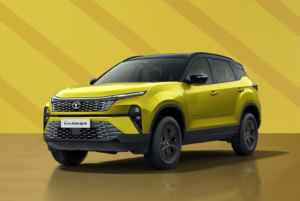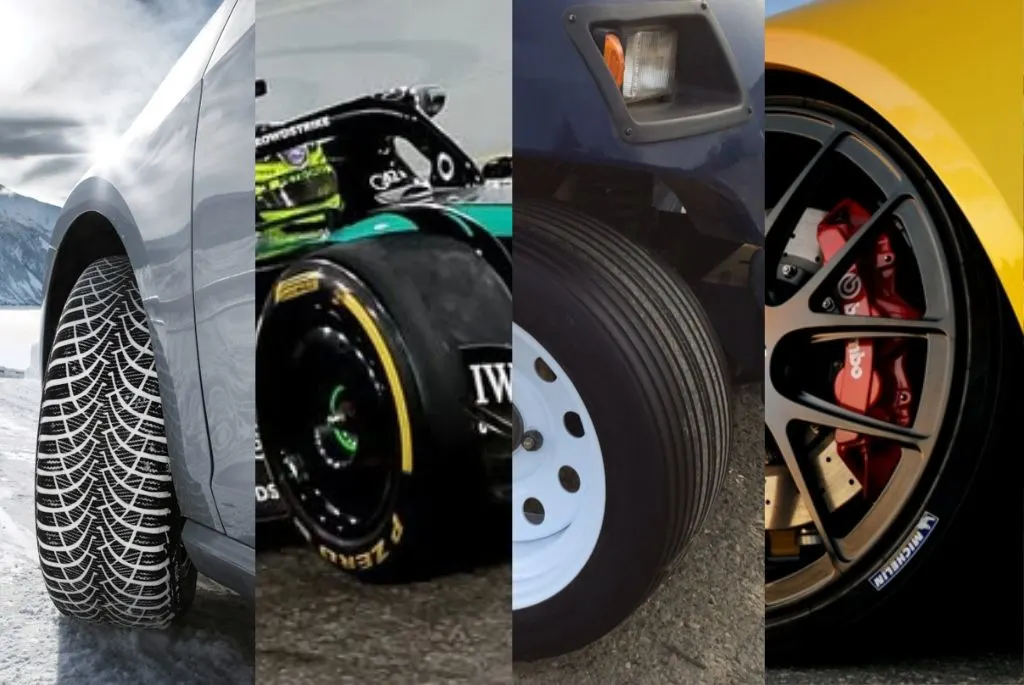
Tires are vital in a car’s performance, directly influencing comfort, safety, speed, and fuel efficiency. Selecting the right tires, mainly those suited to the terrain you frequently drive on can make a significant difference. This article will explore the various types of tires and their specific uses.
Summer Tires
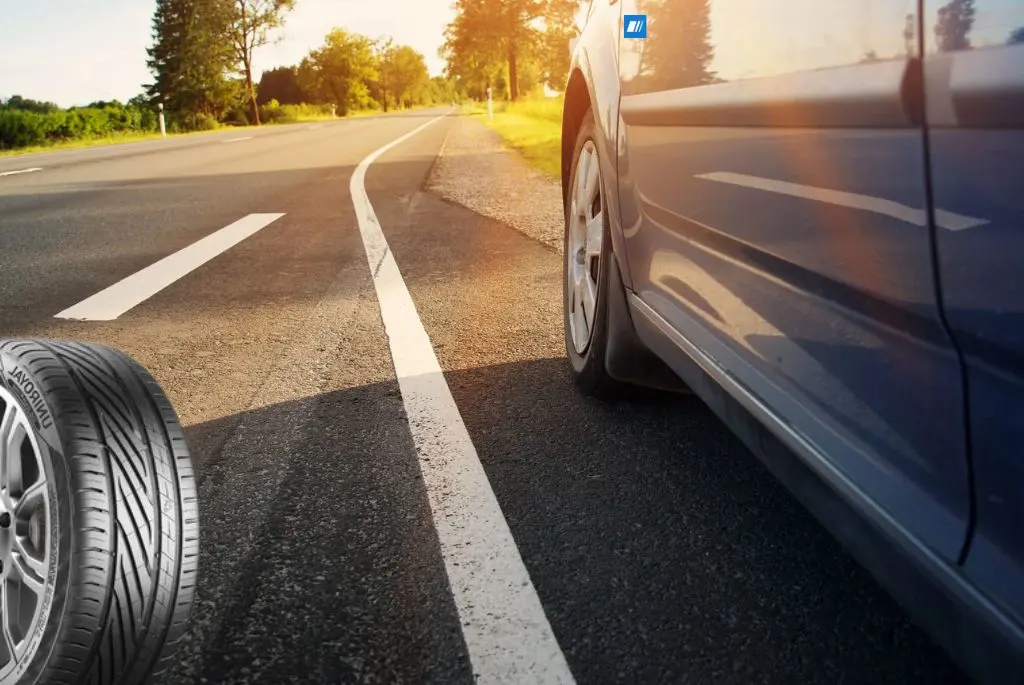
Summer tires are designed to deliver excellent performance in high temperatures. Their specialized rubber formulation makes them highly effective on the road, reducing the likelihood of slipping. Furthermore, their compact contact area enhances the vehicle’s adhesion to the surface, improving braking and cornering performance.
Key Features of Summer Tires:
- Excellent grip on both wet and dry surfaces.
- Enhanced fuel economy, although there is reduced rolling resistance.
- Outstanding performance in high-perimeter turns.
It is ideal for use by drivers in warm or temperate climates. These may also be used by those who desire higher performance than all-season tires’ flexibility. Still, summer tires are unsafe in cold or snowy climates because the rubber hardens at low temperatures, providing a low grip.
Winter Tires
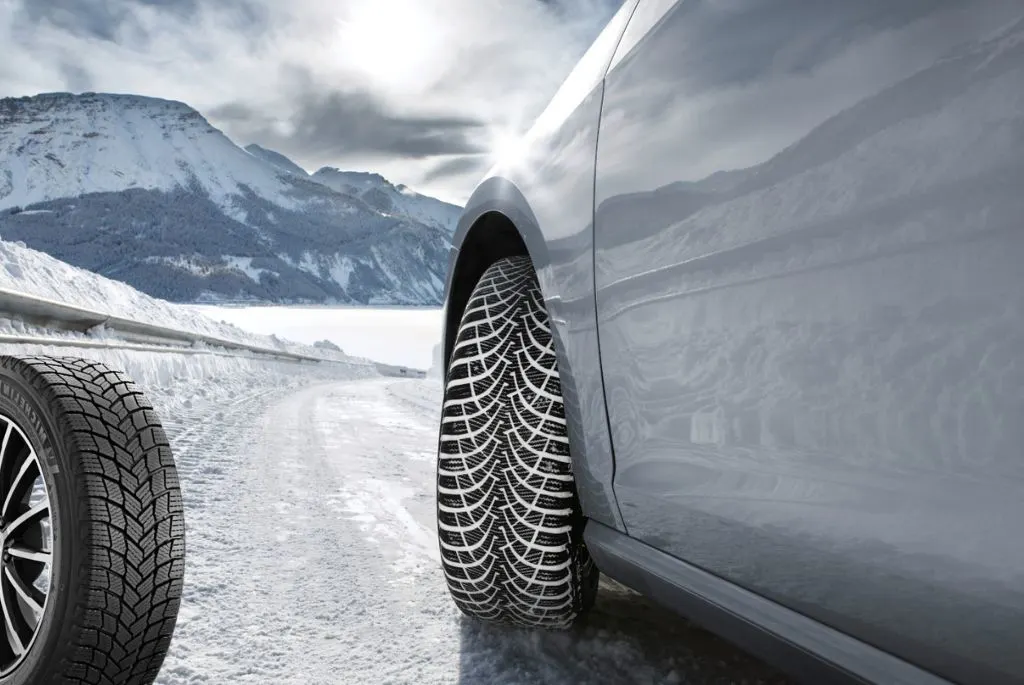
Winter or snow tires are made to function well in cold, icy, and snowy environments. They improve traction on icy terrain using a softer rubber compound that maintains tire flexibility in freezing temperatures. Thanks to their deep tread patterns and extra sipes, tiny slots in the tread assist in channeling snow and slush away.
Key Features of Winter Tires:
- Better flexibility in colder conditions thanks to a softer rubber compound.
- Deeper sipes and grooves for improved traction on ice and snow.
- It is designed with winter braking and stability in mind.
It is ideal for drivers in areas with severe winters and a lot of snowfall. Winter tires should be replaced with summer or all-season tires when temperatures rise to prevent excessive wear.
All-Season Tires
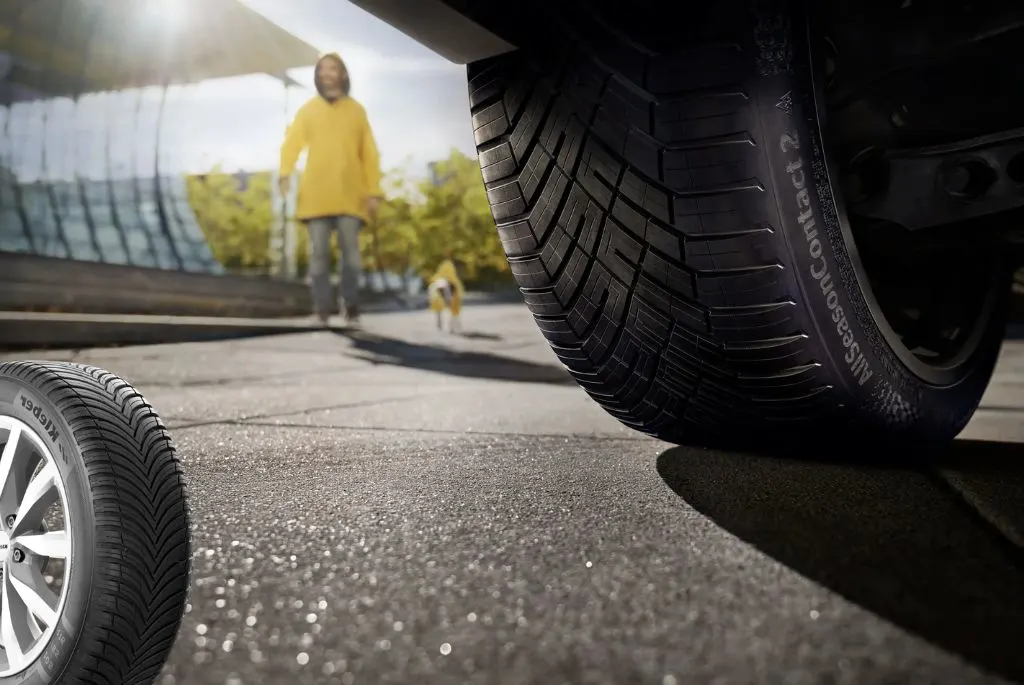
Also read: All Purpose Cleaner: The Multi-Tasker Your Car’s Been Waiting For!
All-season tires are also suitable for rain and sometimes light snow and slushy roads during the winter season. These kinds of tires combine the features of winter and summer tires. They have a medium-hard rubber composite body and distinguishable, moderate tread patterns.
Key Features:
- Durable and versatile for all-season use.
- Good performance in moderate snow, dry, or rainy conditions.
- Longer tread life than tires designed explicitly for that purpose.
It is ideal for drivers in regions with moderate climates and infrequent thunderstorms, hurricanes, or tropical storms. Everyone should have all-season tires as they are more practical, though not as effective in extremely hot or cold conditions as summer or winter tires.
All-Terrain Tires
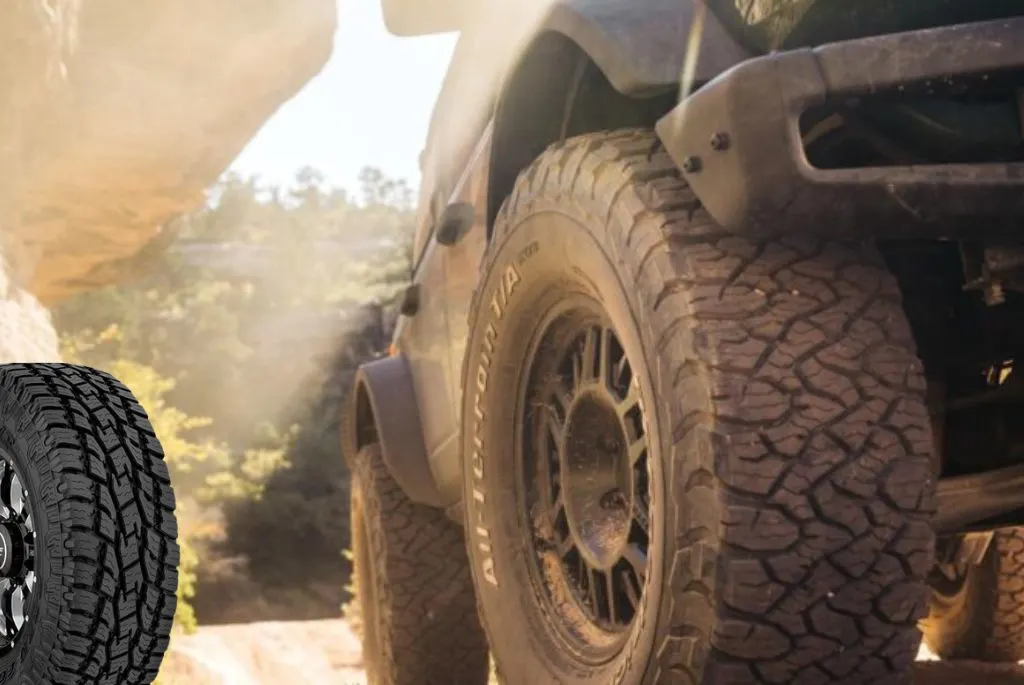
All-terrain tires are made for off-road enthusiasts who need good on-road performance but frequently drive on dirt, gravel, sand, and mud. With their aggressive tread patterns and reinforced sidewalls, these tires can tackle rough terrain while remaining balanced for highway use.
Key Features:
- Robust design for off-road applications.
- Wider, deeper tread blocks improve traction over rough terrain.
- Suitable for both light to moderate off-road and on-road driving.
It is ideal for SUVs, trucks, and automobiles for outdoor excursions and daily commuting. All-terrain tires could be noisier on roads and use more fuel than regular road tires.
Performance Tires
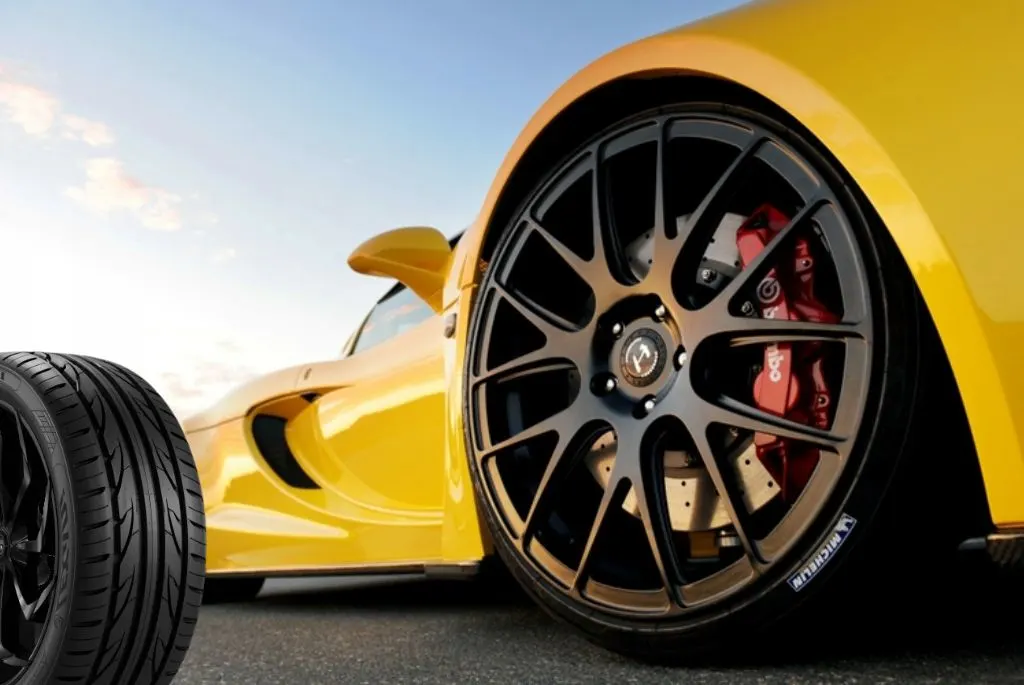
Performance tires enhance the car’s performance, speed, handling, and sensitive response. They are primarily used in high-performance vehicles and sports cars. The exceptional grip and stability at high velocity are due to their unique tread patterns and the use of softer rubber compounds.
Key Features:
- Better high-speed stability in curves and better grip on surfaces.
- Enhanced sensitivity increases the chances of a proper response.
- Designed primarily for racing or high-speed road performance in dry weather conditions.
It is ideal for sports and luxury car consumers and users with powerful driving performance needs or wants. Nevertheless, because of the softer rubber material, those tires wear out faster and are unsuitable for cold or rainy conditions.
Track Tires

Track tires, often known as racing tires or slicks, are unique and designed for race courses only. They only have short tread patterns to ensure better grip and road contact. Track tires are made of ultra-soft rubber compounds and are designed to give the highest level of performance in a controlled environment.
Key Features:
- Maximum handling and grip on dry, flat surfaces.
- Designed to withstand heat when driving at high speeds.
- Optimum road contact with minimal tread patterns.
It is ideal for professional racers and fans of the track. In addition to performing poorly in wet or uneven conditions, these tires are illegal and unsafe to use on public roads.
Trail Tires
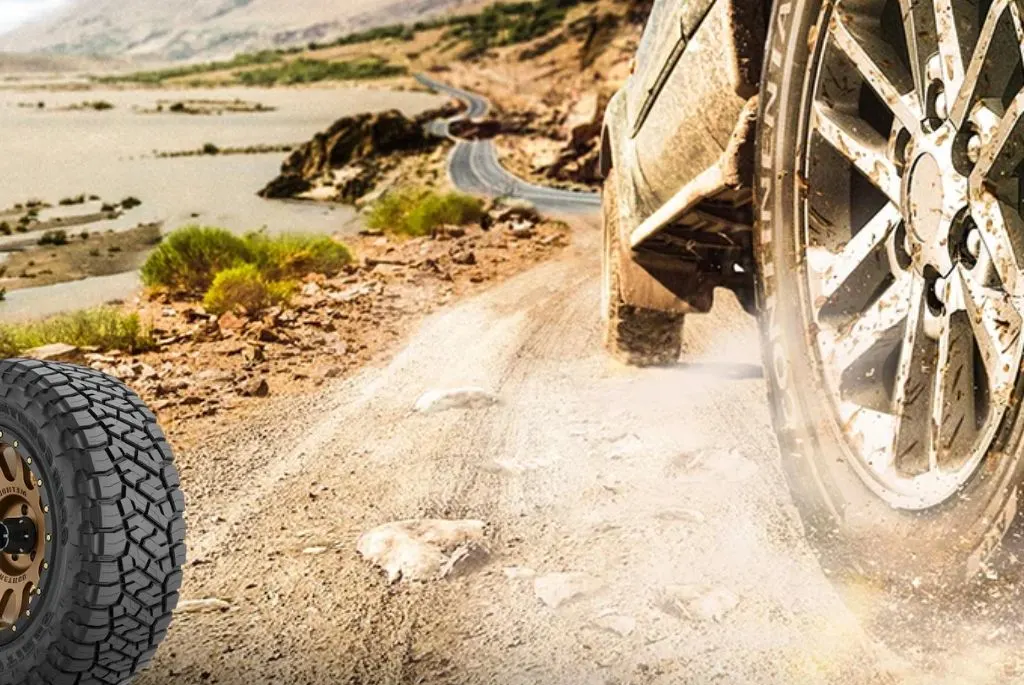
Trail tires are intended for automobiles frequently using uneven and rocky roads, such as mountain roads. Puncture protection and heavy-duty construction are accomplished on these tires with sidewalls and long-lasting rubber.
Key Features:
- Aggressive tread patterns for better off-road traction.
- Strengthened structure to withstand harsh conditions.
- Increased ability to withstand abrasions and punctures.
It is ideal for adventurers and off-road enthusiasts who trek into challenging environments like forests or rocky routes. Because of their increased noise and rolling resistance, trail tires are inappropriate for highway use.
Ribbed Tires
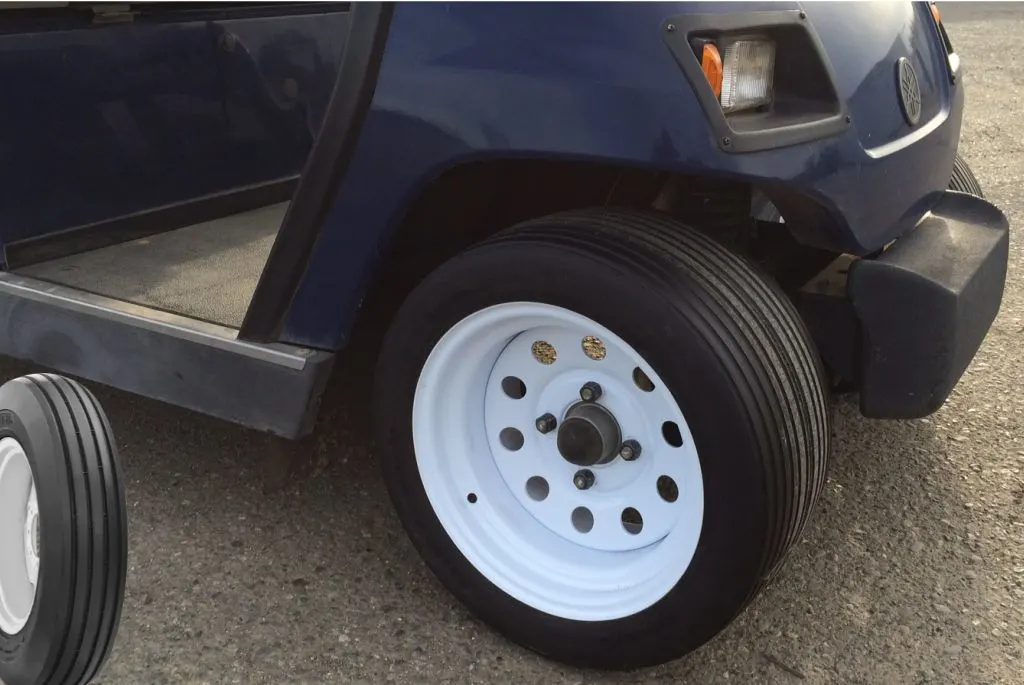
Ribbed tires are primarily used to enhance commercial vehicles’ and trailers’ stability and longevity and their cost-per-wheel rotation. They have circumferential and linear tread designs that enhance load-bearing capacity and reduce rolling resistance.
Key Features:
- Outstanding steering control and stability.
- Improved fuel efficiency with decreased rolling resistance.
- Long-lasting resilience to high loads.
It is ideal for buses, commercial trucks, and trailers operating dependably over extended distances. Ribbed tires are not appropriate for off-road or high-speed driving.
Sport Tires
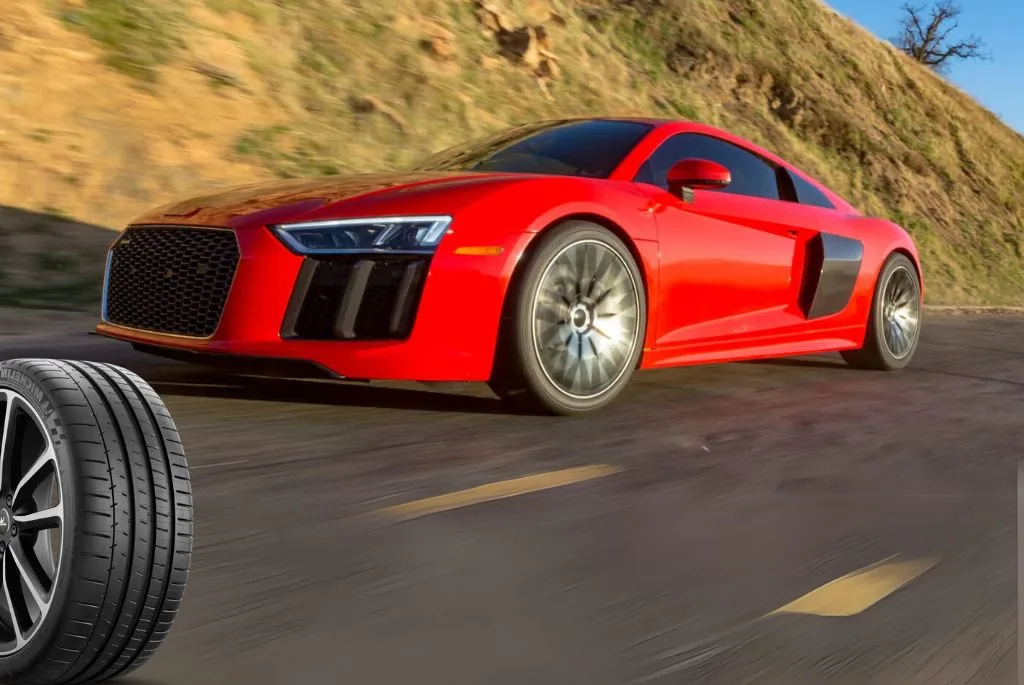
Sport tires are designed for high-end luxury cars and sports cars. They are categorized under the umbrella of performance tires. They include traction, maneuverability, and reactivity as their primary concerns. Usually, these tires are made for those who prefer high car speeds and very often have an asymmetrical tread pattern.
Key Features:
- Enhanced grip for sharp turns and quick acceleration.
- Improved braking performance.
- Asymmetrical tread patterns for balanced performance.
It is ideal for drivers who like aggressive, high-performance driving and operate premium and sports cars. Sport tires might cost more than regular tires and are less resilient.


